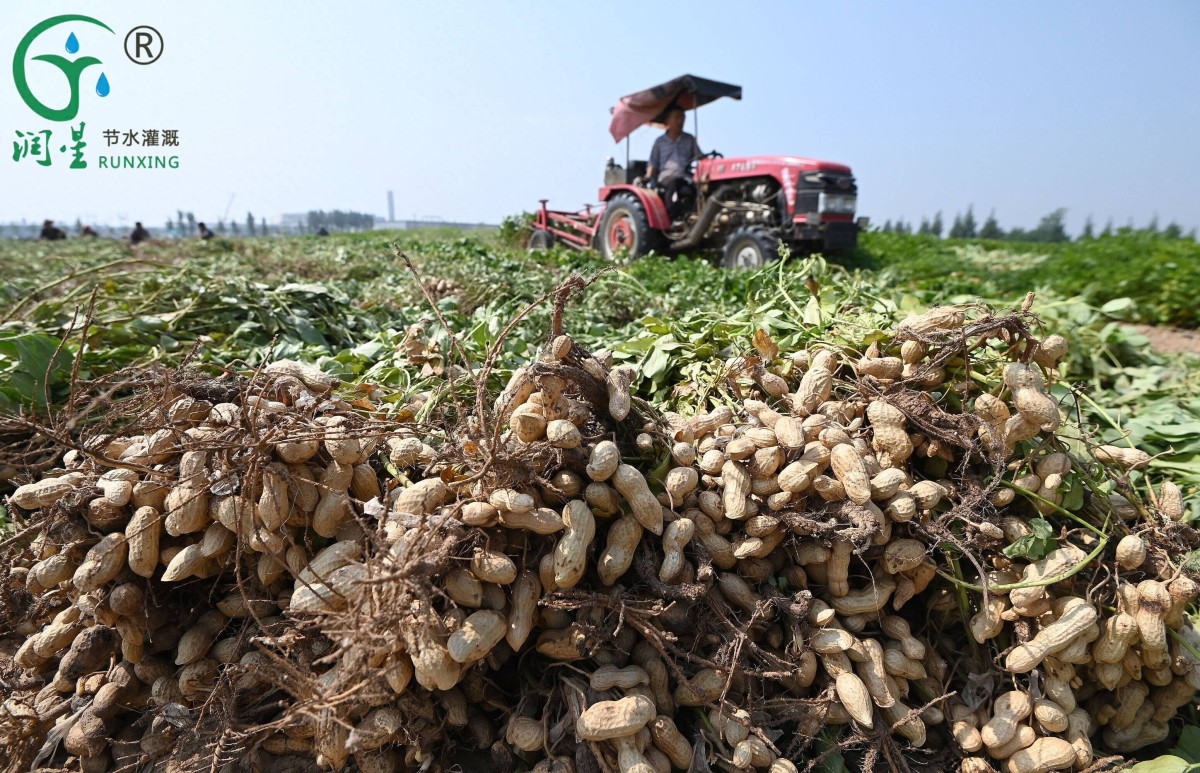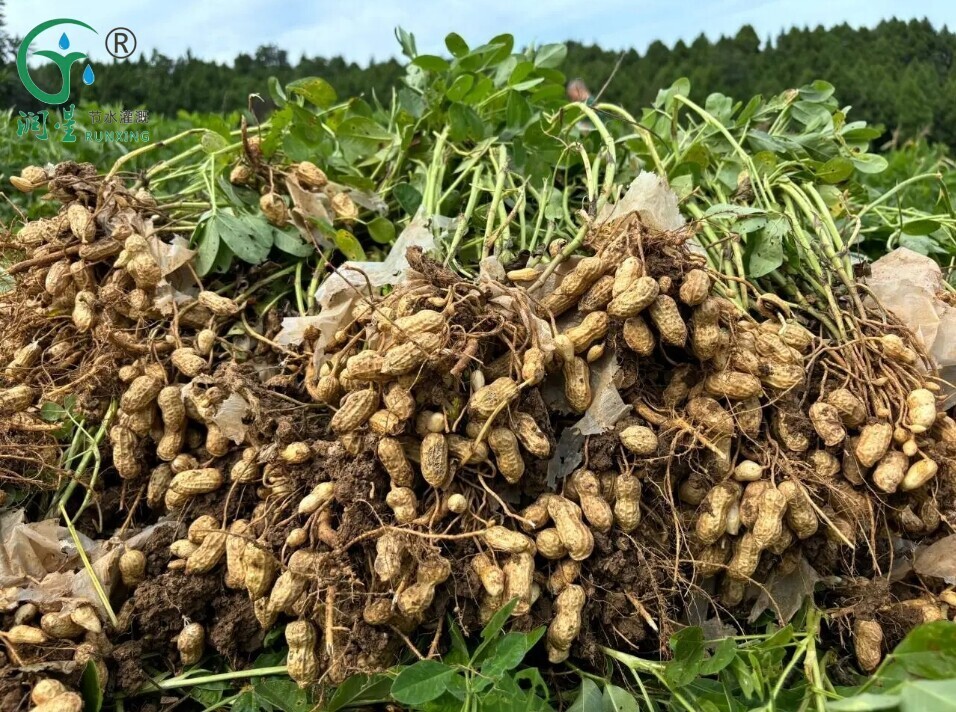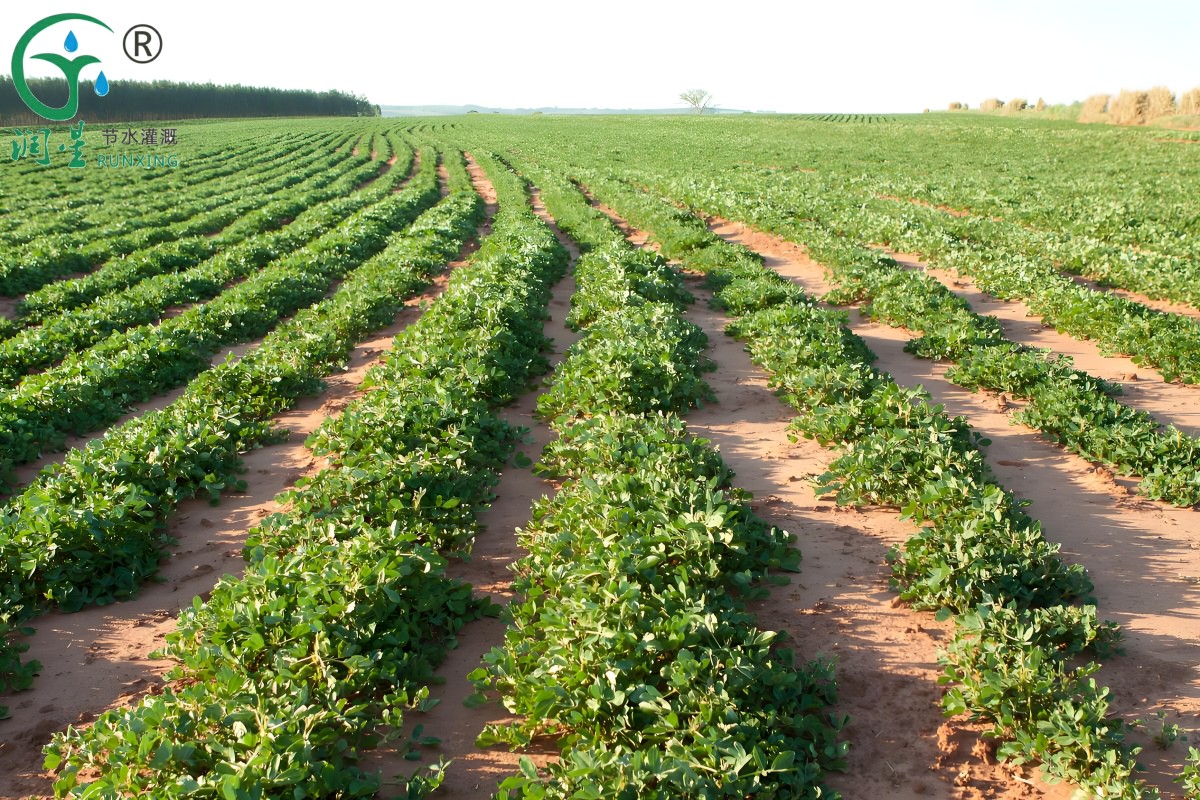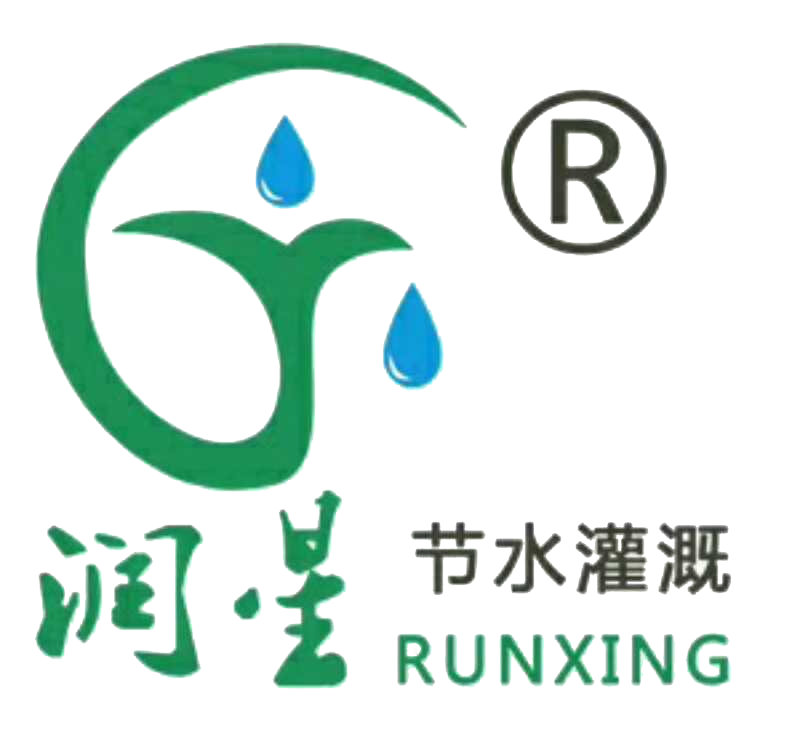A Guide to Peanut Cultivation and Drip Irrigation in Brazil
In Brazil, with its tropical climate, peanut farming requires meticulous management, particularly in terms of water management. Drip irrigation systems play a crucial role in enhancing water use efficiency, fostering healthy peanut growth, and boosting yields. Below, we delve into the necessity of drip irrigation for peanut cultivation in Brazil, the required equipment, installation methods, water usage control, and tips for better peanut farming.

Does Peanut Cultivation in Brazil Require Drip Irrigation?
Yes, drip irrigation is essential for peanut cultivation in Brazil. Although some regions experience abundant rainfall, the distribution is uneven. Peanuts, as deep-rooted crops, have specific water needs. Drip irrigation allows for precise water delivery, reducing evaporation and wastage while enhancing fertilizer efficiency and promoting root growth and nutrient uptake.
What Drip Irrigation Equipment is Needed?
The drip irrigation system primarily consists of:
Water Source: Could be groundwater, rainwater harvesting systems, or municipal water.
Pump: Pressurizes water for delivery to the drip irrigation network.
Filter: Prevents impurities from clogging drippers.
Fertigation Unit: Mixes fertilizers with water before delivery to peanut roots.
Water Distribution Network: Includes main and lateral lines for transporting water-fertilizer mixtures to the field.
Drippers: Installed at the end of lateral lines, slowly delivering water-fertilizer mixtures into the soil.

How to Lay Out and Install Drip Irrigation?
Design Layout: Plan the pipeline layout based on the peanut field's configuration and size, ensuring every peanut plant receives water.
Procure Materials: Purchase required piping, drippers, filters, and other equipment according to the design.
Lay Pipelines: Install main and lateral lines per the design, ensuring tight connections to prevent leaks.
Install Drippers: Attach drippers to lateral line ends, adjusting spacing for even water distribution.
Connect Water Source and Pump: Link the water source to the pump and test system functionality.
Water Requirements and Control
Water usage depends on peanut growth stages, soil moisture, climatic conditions, etc. Typically, peanuts require more water during sowing, initial flowering, pod setting, and maturity. Drip irrigation allows precise irrigation based on soil moisture and peanut needs. Install flow timers or smart irrigation control systems to automatically adjust irrigation volumes and schedules, maintaining optimal soil moisture levels.
Tips for Better Peanut Cultivation
In addition to drip irrigation, these tips enhance peanut farming efficiency:
Site Selection and Preparation: Choose deep, loose, well-drained sandy loam or medium loam soil. Deep tillage improves soil aeration.
Seed Selection: Use large, full, pest-free seeds for sowing.
Optimal Plant Density: Determine planting density based on soil fertility and climate, maximizing land use.
Mulching: Use plastic mulching to warm the soil, conserve moisture, and reduce evaporation.
Balanced Fertilization: Based on soil tests, apply balanced fertilization, avoiding overfertilization that can pollute soil and water.
Pest and Disease Management: Regularly inspect fields, promptly identifying and controlling pests and diseases.
Additional Cultivation Tips
Thinning and Hilling: After emergence, thin and hill peanuts to promote the growth of the first lateral branches, enhancing yield.
Foliar Fertilization: In later growth stages, assess leaf color for nutrient deficiencies and apply foliar feeds to ensure pod fullness.
Growth Regulation: In high-fertility fields, use plant growth regulators via foliar spray to control vegetative growth, favoring reproductive growth.

In summary, drip irrigation is indispensable for peanut cultivation in Brazil, enhancing water and fertilizer efficiency while promoting healthy peanut growth and increased yields. Coupled with scientific cultivation techniques and management practices, peanut farming benefits can be further maximized.
If you have any needs, please contact us.
About Us
We are dedicated to offering innovative, water-saving, and labor-saving irrigation solutions for agriculture worldwide. Our focus on quality and continuous innovation drives the development and progress of the industr
الشعار
يُعد هذا المنزل الشاطئي المذهل واحة حقيقية، حيث يقع في مجتمع ساحلي هادئ مع إمكانية الوصول المباشر إلى الشاطئ.
ساعات العمل
الأثنين - الجمعة: 9 صباحًا حتى 5 مساءً
الأحد: مغلق
مغلق خلال العطلات
اتصال
+18888888888
hezuo@eyingbao.com123 West Street, Melbourne Victoria 3000 Australia
